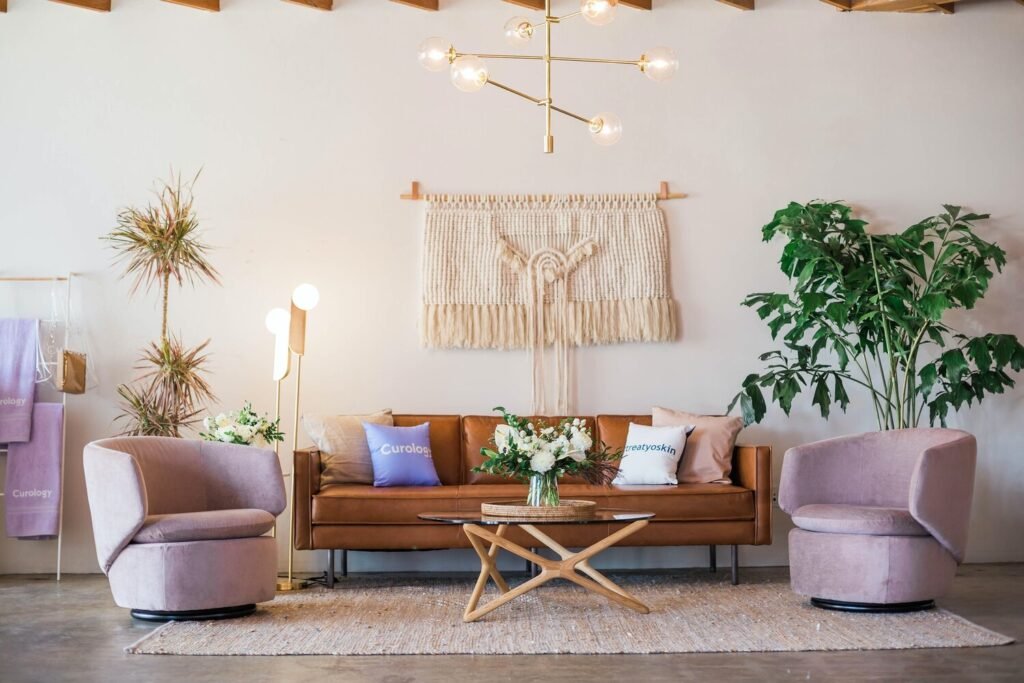Ask yourself what you can’t live without.
When you’re ready to start looking for a home is when you need to ask yourself what’s important. Are you single and don’t plan on having children? This might mean that it’s worth it for you to get a bigger house so that there will be more room for guests and friends. If your family is growing, however, then the focus should be on finding something smaller with enough space for everyone or possibly building your own house on land where the location of your new home can fit within the budget that works best for everyone involved.
If there are certain features about certain houses that appeal more than others because they make up an important part of daily life (like having a pool or backyard), then this should be considered in narrowing down potential homes as well as determining whether or not they meet other criteria like affordability/price range etcetera.)
Think about what you can live without.
If you can live without a garage, then don’t buy a house with one. If you can live without a fireplace, then don’t buy a house with one.
These things aren’t essential to living well in your home. The great thing about buying older homes is that they are generally built with less “stuff” than newer ones and therefore cost less money!
If you are looking for a home, don’t be afraid to ask if it has been remodeled or not—and what types of things have been done. If the owners have gone through the effort to update their home, then chances are they will take good care of it as well
A good home inspector can also help you determine if there are any problems with the house and whether or not they are serious enough to be deal breakers.
Keep your future in mind.
It’s important to consider your future needs, whether you’re planning on having children or retiring in the next few years. If you do have children, think about how much space they will need as they grow up and move out. If you are planning to retire, think about where you will be at that time — do you want an area that is convenient for work or entertain? You can’t predict exactly what life will hold for you in the future, but it’s a smart idea to plan ahead when it comes to buying a home so that you can enjoy it throughout all stages of your life!
With all of these factors to consider, it can seem like a daunting task to find a new house. It’s important to take your time and do your research — but that doesn’t mean you have to be stuck in the same place forever! You can always sell your current home and move on if you find the right place for you and that process is getting easier and easier. Another idea would be to understand how the home layout could work for you by investing in a home buyer space plan exercise.
Don’t forget about storage space.
Storage space is critical. You’ve probably heard about how “storage is the new black” and other such buzzwords, but those are true. If you don’t have enough storage space in your home, it’s going to be hard to keep things neat and tidy. This means you’ll have to store things in other rooms, which takes up precious square footage that could otherwise go toward furniture or decorations (or more storage).
Remember: if you’re buying a condo, check out how much storage space each unit has before deciding whether or not it’s right for you.
Look for a good layout flow.
It’s important to consider the layout flow of a home, as it can affect how you live in the space. A home with a good layout flow starts in one place and flows through all of your common areas and bedrooms in an organised manner. This means that you don’t want to be constantly walking around furniture or trying to get past each other while moving through rooms. A bad layout flow could feel like chaos, with rooms feeling disconnected from one another, leading to confusion about where things are located (like when someone asks “where is my coat?”).
When evaluating a home’s layout flow, think about how they were designed by looking at floor plans provided by sellers or real estate agents who have access to them; many people keep these as part of their listing materials if they’re selling their own homes. You’ll need some basic knowledge about building codes and regulations regarding minimum square footage requirements for bedrooms (in addition to understanding what amenities are available within your budget).
Another idea would be to understand how the home layout could work for you by investing in a home buyer space plan exercise.
Be open-minded.
You might find yourself falling in love with a specific style or era of house, but don’t get too attached to it. There are many different ways you can make your home feel like home—it’s all about what works for you and your family!
Be open-minded when it comes to trying new things. You may want to start out with something traditional and end up finding that modern design is more your thing—or vice versa! If you don’t know much about interior decorating, take advantage of the resources available at your local library or bookstore before making any major decisions on how to decorate and style your new home.
Take your time and find a home that you’ll love for a long time to come.
As you’re shopping around, don’t settle for a home that isn’t quite right. If you feel rushed into making an offer, it might not be the right home for you.
Your first purchase is going to be a big one and will have ramifications on your life for years to come—so make sure it’s the perfect fit.


